How will the property market evolve across South Australia in 2025?
As we head towards 2025, Australia's property market has been undergoing significant transformations. Throughout 2024, there have been notable shifts, especially in the recruitment landscape within the property sector. Adelaide, in particular, has seen consolidation in the industry, with larger brands acquiring smaller residential agencies. Additionally, there has been an improvement in candidate quality for advertised positions, yet a persistent shortage of specialised roles, such as commercial property managers and lease administrators. These dynamics highlight the complex and evolving nature of the property recruitment market in Australia.
Salaries have also seen an increase, particularly in entry-level roles like administrative support, providing promising opportunities for those entering the industry. However, with higher salaries come higher expectations, and job seekers must be prepared to meet these evolving demands. Flexibility remains a key theme, with many employers offering hybrid work arrangements where possible, although certain roles still require a physical presence. As we look to the future, understanding these shifts and staying agile in responding to market needs will be essential for both employers and job seekers.
Moreover, the demand for property-related roles has been influenced by broader economic trends, such as rising interest rates and fluctuating property values. These factors have contributed to changes in hiring practices and salary expectations, making it crucial for both employers and candidates to stay informed and adapt accordingly. The increased focus on sustainability within the property market has also led to new opportunities, particularly in roles related to green building practices and energy efficiency. This evolving landscape means that staying updated on industry trends and developing relevant skills will be key to thriving in the property sector in 2025.
"Flexibility Goes a Long Way in Employment"
Edge Recruitment’s Senior Consultant Kelly Armstrong joined a recent episode of "people2people's Australian Market Update: Thrive in 2025," with people2people’s Mary Savova to discuss the current state of the property recruitment market. Together, they provided valuable insights into how employers and candidates are adapting to ongoing changes, particularly within South Australia.
Kelly highlighted a significant change in leadership roles within the industry over the past year.
"This year in South Australia, we have seen a change in some of the leadership roles within the industry and also the smaller residential agencies being bought out by larger brands”, said Kelly.
“This consolidation has led to more stability compared to the high level of movement experienced last year. Nevertheless, certain challenges remain, particularly the shortage of qualified candidates for specialised roles.
“There is still a shortage of qualified commercial property managers, residential property managers, lease administrators," Kelly added, reflecting the ongoing demand for skilled professionals in the property sector.
One of the more interesting observations by Kelly was the shift in workplace expectations, particularly around flexibility. She pointed out that flexibility is still an important topic for many candidates, even though it varies by role. For instance, property managers often have built-in flexibility as they are constantly in and out of the office, whereas administrative roles are typically more office-bound.
"It is quite amazing to see how a bit of flexibility though with employer goes a long way," Kelly said, emphasising the importance of small accommodations, such as allowing an employee to pick up their children or adjust hours for appointments.
Another key point discussed was the evolving salary landscape within the property sector. Kelly mentioned that salaries had increased across many roles, especially for entry-level positions, which is beneficial for attracting talent. However, she also pointed out a critical consideration for candidates: "When there's more money, normally there's more demands in a role." This underscores the need for clear communication between employers and job seekers regarding expectations, as well as the importance of preparing for the responsibilities that come with higher compensation.
Mary added her perspective on the return to office trends within Adelaide. She noted, "We're seeing a big shift in employees going back to the workplace. In Adelaide CBD, Thursdays have become the new norm." With many employees still working from home on Fridays, Thursdays have become the busiest days in the city, commonly referred to as "knock-off Thursdays," where social activities often mark the end of the week. This change demonstrates how hybrid work arrangements are evolving and how both employers and employees are finding new rhythms in their work schedules.
Tips for Navigating the Property Market in 2025
As the property market continues to evolve, both employers and job seekers need to adapt to stay competitive. Here are some key tips to navigate the challenges and opportunities in the recruitment landscape for 2025:
- Embrace Flexibility: Employers who can offer even small amounts of flexibility can significantly improve employee satisfaction and retention. Whether it's allowing for flexible start times or the ability to work from home occasionally, these measures can make a big difference.
- Understand the Changing Expectations: With salary increases often come higher expectations. Job seekers must be prepared to demonstrate their value and meet the rising demands of employers. Employers, in turn, should be transparent about the responsibilities that come with higher pay, ensuring that candidates have a realistic understanding of the role.
- Focus on Specialisation: There remains a shortage of specialised roles in the property sector, such as commercial and residential property managers. Job seekers looking to enter the property market should consider upskilling or specialising in these areas to improve their employability.
- Leverage the Hybrid Model: While hybrid work may not be possible for all roles, where it is applicable, it can help strike a balance between productivity and work-life satisfaction. Understanding which roles lend themselves to remote work and adjusting expectations accordingly can benefit both employers and employees.
- Stay Informed on Market Trends: The property market is constantly shifting, and keeping up with the latest trends is crucial. Whether it's new legislation, shifts in leadership, or changes in salary expectations, staying informed can help job seekers and employers alike make better decisions.
As we move into 2025, the property market presents both opportunities and challenges. By staying agile, embracing flexibility, and understanding evolving expectations, both employers and job seekers can thrive in this dynamic environment.














